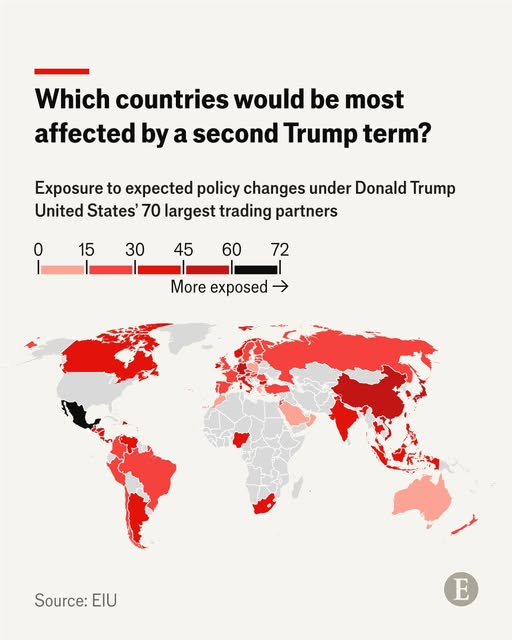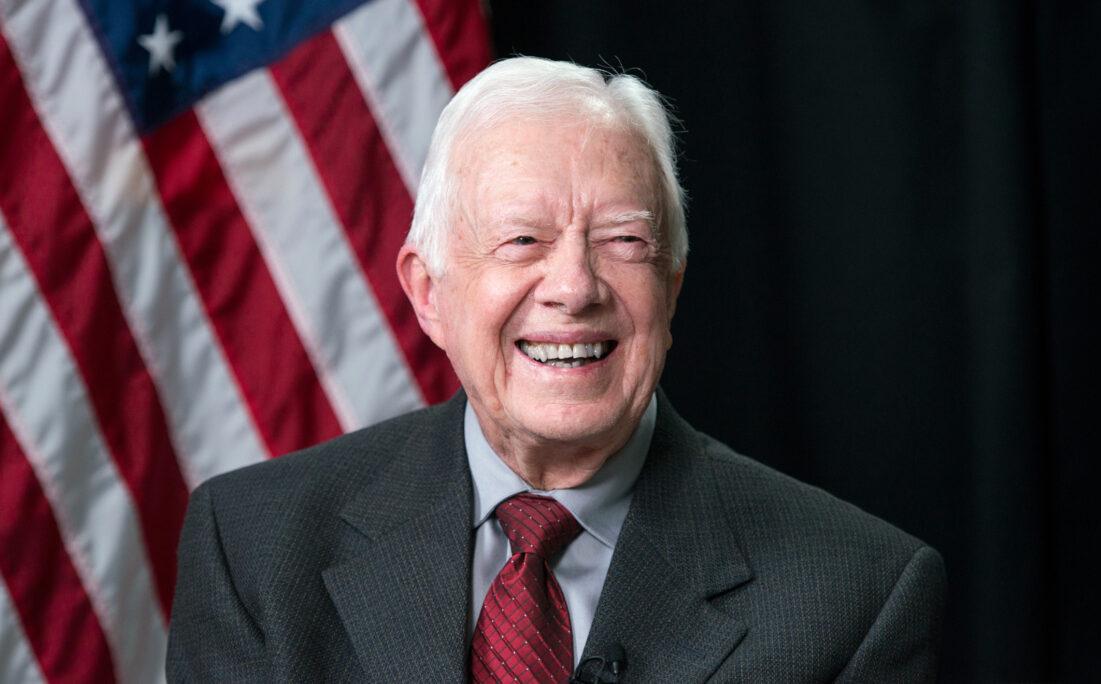Zhang Tuosheng, Principal Researcher at Grandview Institution, and Academic Committee Member of Center for International Security and Strategy at Tsinghua University
Jan 07, 2025
China must see to its own domestic affairs and promote all-around socioeconomic progress. Externally, it must walk the path of peaceful development without wavering, adhere to an independent foreign policy of peace and hold fast to multilateralism to foster solidarity with other nations. Only in this way can we overcome the severe challenges that are coming our way.

Han Liqun, Researcher, China Institutes of Contemporary International Relations
Jan 07, 2025
During his first campaign for office, Trump’s threat to impose tariffs on China was dismissed by many as a rhetorical flourish, not serious policy. Today, his threat to impose a 60 percent tariff on Chinese goods or revoking China’s most favored nation status must be regarded as credible and actionable.

Philip Cunningham, Independent Scholar
Jan 06, 2025
Jimmy Carter’s post-presidential legacy, defined by his decency and global service, positions him as perhaps the best ex-president in American history. And his pivotal role in U.S.-China relations, particularly in normalizing diplomatic ties, remains a key chapter in shaping the future of both nations.
Sun Chenghao, Fellow, Center for International Security and Strategy of Tsinghua University; Munich Young Leader 2025
Jan 03, 2025
Trump 2.0 is expected to be more mature than it was in Round 1. He will likely place greater emphasis on leadership and earning respect from other countries. If both sides commit to communication, managing differences and deepening cooperation, relations can find a new balance in a complex international environment.
Wang Youming, Senior Research Fellow of BRICS Economic Think Tank, Tsinghua University
Jan 03, 2025
Opinion in the United States about the warming of China’s relations with countries in the region identifies the trend as a threat, both to the U.S. itself and to countries that are progressing toward democracy.
Joseph S. Nye, Professor, Harvard University
Dec 27, 2024
Prediction is always difficult, but doubly so in the case of the US president-elect. Donald Trump not only speaks loosely and changes his positions often; he al

Warwick Powell, Adjunct Professor at Queensland University of Technology, Senior Fellow at Beijing Taihe Institute
Dec 24, 2024
America’s best-laid plans to change China have clearly failed over the decades. The question now is whether Donald Trump can rise above that history and meet China on its own terms. If not, the incoming occupant of the White House will sadly preside another failed episode of fruitless U.S. ambitions to conquer China.
Chen Jimin, Guest Researcher, Center for Peace and Development Studies, China Association for International Friendly Contact
Dec 24, 2024
Despite his unpredictability, Donald Trump seems committed to the current strategic trajectory. But China has gained a deeper understanding and accumulated significant experience. It will likely approach America’s Indo-Pacific Strategy with greater confidence and composure in Trump’s second term.
Zhang Yun, Professor, School of International Relations, Nanjing University
Dec 24, 2024
The election of Donald Trump to a second term signals that the United States will temporarily step back from the next wave of globalization. As a consequence, Japan’s future security will lie in its deep integration into the processes of globalization and regional integration. This raises an opportunity for improving China-Japan relations.
Zhao Minghao, Professor, Institute of International Studies at Fudan University, and China Forum Expert
Dec 24, 2024
The recent prisoner swap and forward movement on illicit drugs by China and the United States demonstrates that the two powers can make stabilizing progress together when they put their minds to it. But more uncertainty is on the way, as Donald Trump returns to the White House.